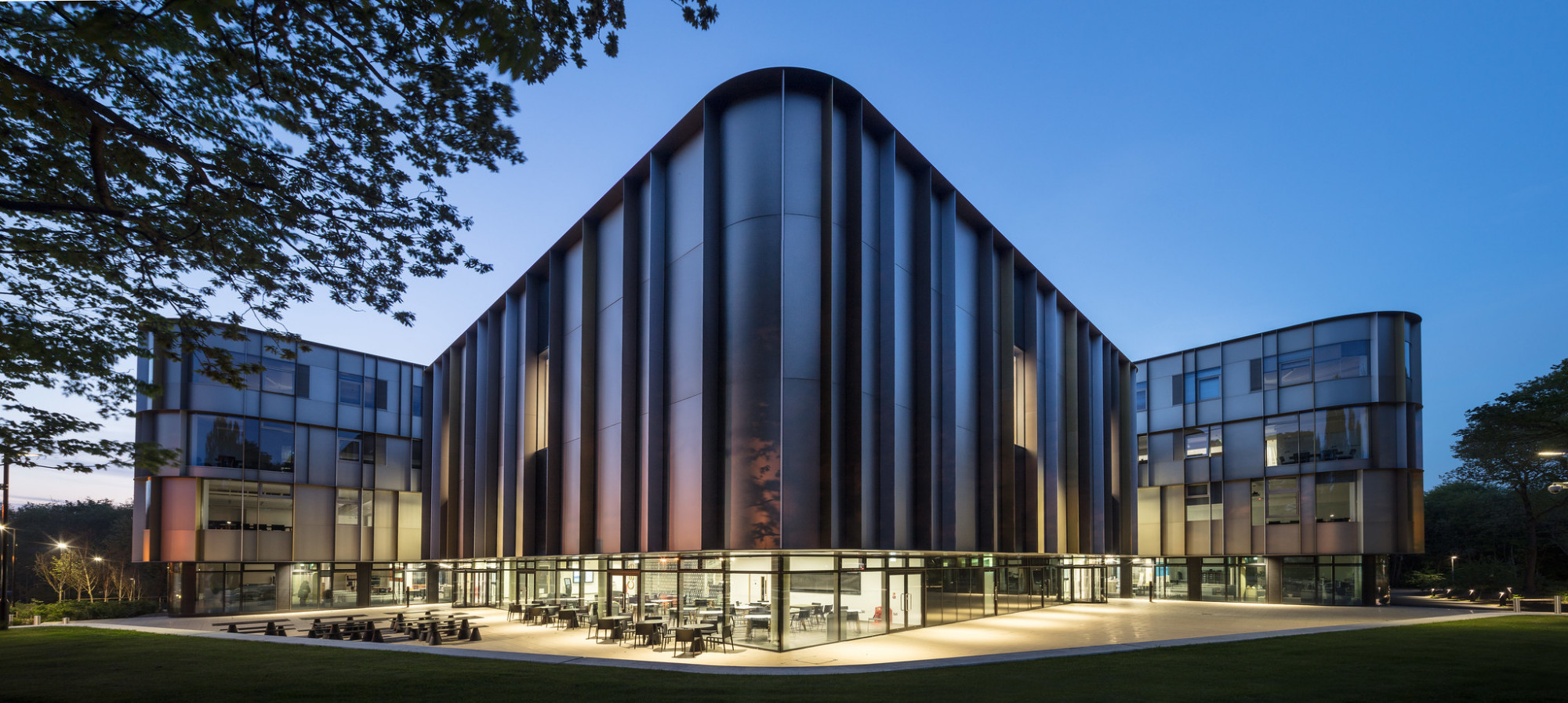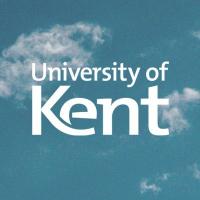Drama by Practice as Research - PhD
At Kent we have always been at the forefront of promoting and developing practice-based research. In addition to all the benefits of being a PhD student, you will have access to our excellent facilities, including two theatres, three studio spaces, a workshop and a technical studio, and will be supported by a technical team with extensive professional experience.
Overview
You can undertake Practice as Research (PaR) in a variety of forms and in diverse subjects. Throughout you will be fully supported by a team of specialist supervisors.
Drama at Kent was at the forefront of pioneering Practice as Research and continues to lead the field. Through a PaR PhD you explore and interrogate your research by undertaking practice and producing a performative output, as well as by producing a written dissertation of up to 40,000 words which is examined through a viva. The PhD by PaR provides opportunities to develop and reflect upon your performative practice at the highest academic level and with the benefit of excellent professional facilities and research resources. We welcome enquiries on any topic and form of practice.
During your time at Kent you will have a minimum of two supervisors who will support and guide you through your academic and professional development. You will meet regularly with your supervisor(s) who will not only guide your research but will also help you to identify areas where you may require further training or support. A series of reviews will take place throughout your studies in order to ensure that your research stays on track and that you have all the necessary support and resources required to successfully complete it.
Current PhDs reflect our diversity, with topics including actor training, autism, East Asian comedy, community theatre, Absurdism, live art, Shakespeare, translation and adaptation, Greek theatre, Grotowski, stand-up, eighteenth-century acting, neurodivergent performance, and accessibility. Recent and ongoing Practice as Research projects include: ‘Selfless Language: Acting Coordination Method Leading to Act of Speech’, ‘Minna Canth from Finnish to English: Feminist Translation of Nineteenth Century Social Realist Drama’, ‘Translating 18th Century Actresses Acting Techniques Into a Modern Performance Context’, and ‘The Burning Method: A Performance-Based Analysis of Jerzy Grotowski’s Book Towards a Poor Theatre’
Campus Information
Canterbury
Our campus is surrounded by beautiful woodlands and overlooks the charming city of Canterbury. We have excellent transport links on campus or you can stroll into town on foot.
Intakes
- Jan
- May
- Sep
Application Processing Time in Days: 30
Minimum English Language Requirements
| English Level Description | IELTS (1.0 -9.0) | TOEFL IBT (0-120) | TOEFL CBT (0-300) | PTE (10-90) | |
|---|---|---|---|---|---|
| Expert | 9 | 120 | 297-300 | 86-90 | |
| Very Good | 8.5 | 115-119 | 280-293 | 83-86 | |
| Very Good | 8 | 110-114 | 270-280 | 79-83 | |
| Good | 7.5 | 102-109 | 253-267 | 73-79 | |
| Good | 7 | 94-101 | 240-253 | 65-73 | |
| Competent | 6.5 | 79-93 | 213-233 | 58-65 | |
| Competent | 6 | 60-78 | 170-210 | 50-58 | |
| Modest | 5.5 | 46-59 | 133-210 | 43-50 | |
| Modest | 5 | 35-45 | 107-133 | 36-43 | |
| Limited | 4 | 32-34 | 97-103 | 30-36 | |
| Extremely Limited | < 4 | < 31 | < 93 | < 30 |
Job Opportunity Potential
In these appointments, you will have up to 45 minutes to talk to a careers adviser about whatever career-related topic is important to you. Topics of conversation could include:
- I have no idea what I want to do after I graduate, what are my options?
- What jobs can I get with my degree?
- How do my skills fit in the labour market?
- I’m interested in taking a gap year after I graduate and I want to plan something employers will value.
- I’m thinking of leaving/changing my course and want to talk through the pros and cons.
- I’m interested in doing a masters or PhD, what are my options?
- I’m not sure how to disclose sensitive information to an employer.
A guidance interview is:
Impartial
A careers adviser will not recommend one route to you over another. They are there to help you explore the options objectively.
Challenging
Careers advisers may question your goals and help you to look at the disadvantages as well as the advantages. This is not to put you off, but to help ensure you have thought it through.
Supportive
The meetings are very informal and relaxed. Careers advisers are there to help you discuss things in a safe environment.
Part of a process
Career choice is a process not an event. A guidance interview is a good starting point but you will need to do further research and continuously update your action plan.
PSW Opportunity
2 Years PSW is applicable after the course. (Bachelors & Masters only)
Admission Requirement / Eligibility Criteria
For entry to a Kent postgraduate degree programme (Master’s), Indian students typically need to have completed a three or four-year undergraduate degree (Honours Bachelor degree or Professional degree) at an accredited university or college. General Bachelor degrees may sometimes be considered. Exact requirements will depend on the postgraduate degree you are applying for and the institution you have studied at.
For programmes that require a 2:1 we usually ask for a First Class degree, a final CGPA of 6.0/10, or 60%. Students from top institutions may be considered with a high Second Class degree, a final CGPA of 5.5/10, or 55%.
For programmes that require a 2:2 we usually ask for a high Second Class degree, a final CGPA of 5.5/10, or 55%
Some, but not all, postgraduate programmes require your undergraduate degree to have a related major. Some postgraduate programmes may require work experience in a relevant field or at a certain level.
General postgraduate programmes
IELTS (including IELTS Indicator)
6.5 overall (with a minimum of 6.0 in R&W; 5.5 in S&L)
PTE Academic
62 overall with 60 in each subtest
CAE/CPE
176 overall (with a minimum of 169 in R&W; 162 in S&L)
TOEFL iBT
90 overall (with a minimum of 22 in R; 21 in W; 17 in L; 20 in S)
- Course Type: Full Time
- Course Level: Doctoral Degree/PhD
- Duration: 04 Year
-
Total Tuition Fee:
69600 GBP
Annual Cost of Living: 9207 GBP
Application Fee: 50 GBP
Similar Programs
- Urban Studies - PhD at University of Kent
- Theology and Religious Studies - PhD at University of Kent
- The Contemporary Novel: Practice as Research - PhD at University of Kent
- Text, Practice as Research - PhD at University of Kent
- Sociology - PhD at University of Kent
- Poetry: Text, Practice as Research - PhD at University of Kent

